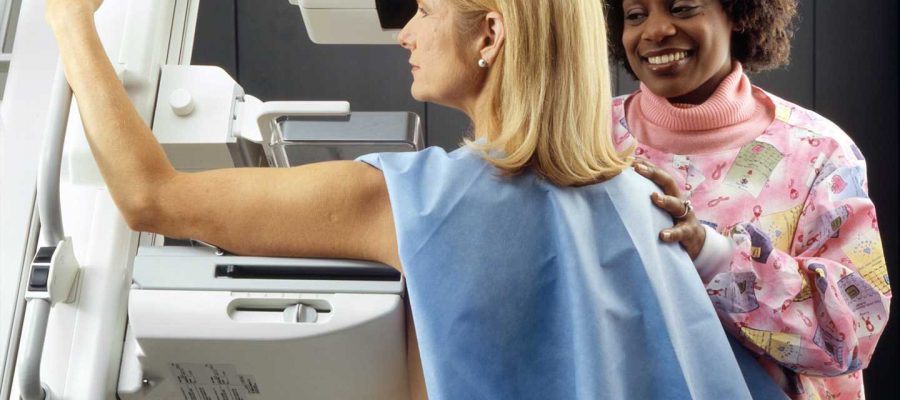
Researchers have revealed differences in cancer screening uptake during the pandemic according to people’s sex, age, education, race and ethnicity.
The study findings, published in eLife, could help health care professionals and hospitals to plan for the backlog of postponed or delayed cancer screenings and their long-term clinical impact. They may also inform strategies to identify and monitor those at highest risk who might have missed important routine checkups.
“The purpose of this study was to investigate how COVID-19 impacted access to cancer screening and treatment in a racially and ethnically diverse population,” explains lead author Victoria Mak, a graduate student in the Population Sciences in the Pacific Program, University of Hawai’i Cancer Center, US. “This allows us to make comparisons between different demographic groups and look at how people’s level of education and number of long-term conditions also affect health behaviors during a pandemic.”
The research involved participants in the Multiethnic Cohort (MEC) study, which was established in 1993–1996 at the University of Hawai’i Cancer Center and the University of Southern California. The MEC study includes men and women of five racial and ethnic groups: African American, Japanese American, Latino, Native Hawaiian, and White. White people were the most represented group in the sample—45% of men and 42% of women.
Mak and colleagues sought to identify the genetic and lifestyle factors underlying ethnic and racial disparities in cancer and other chronic diseases. Approximately 7,000 participants from the MEC study completed online and paper surveys between May and September 2020 about the impact of COVID-19 on their everyday life and health-related behaviors. Around three-quarters of participants were from Hawai’i and a quarter were from Los Angeles.
The results revealed differences between racial and ethnic groups in how likely people were to make health behavior changes in light of COVID-19, such as covering a cough or sneeze, more frequent hand washing and social distancing.
Differences linked to race and ethnicity were larger among men than women. For example, Native Hawaiian men were 41% less likely than White men to make any such changes, whereas African American men were 154% more likely to. Women were 62% more likely than men to make changes to their lifestyle or daily activity, and this likelihood increased with education. Men and women with long-term conditions were also more likely to make changes to their health and lifestyle behaviors.
Overall, 54.2% of men and 61.2% of women postponed their regular health care visits due to COVID-19, with primary care and dentist visits most frequently postponed. Around 6% of men and 11% of women postponed a cancer screening or procedure—most commonly mammograms, skin exams or bowel screening—and 11.5% of men and 6.9% of women had to cancel at least one treatment session.
Women were 137% more likely to postpone cancer screening than men, and women with more education, or women with long-term lung conditions such as asthma were more likely to postpone than women with less education or no long-term conditions. Women and men diagnosed with cancer within the past five years were also more likely to postpone cancer screening or procedures. This was expected, as participants with long-term conditions were at higher risk from the SARS-CoV-2 virus and recommended to avoid public places.
The results suggest unique relationships between participant characteristics and the likelihood of making changes to lifestyle or daily activities, and/or postponing treatment.
The next step will be to link participants in the Multi-ethnic Cohort Study with data in cancer registries, to examine whether a greater proportion of cancers were diagnosed at a late stage in the aftermath of the pandemic and investigate any differences among ethnic/racial groups. Similarly, by linking to Medicare records, the team can identify participants who developed COVID-19 and investigate long-term complications and survival across age and race.
“The findings of our study may be informative to patients, healthcare professionals and public health practitioners, and may help to increase awareness of the importance of timely cancer screening among patients, especially in underserved groups,” says senior author Loïc Le Marchard, Principal Investigator of the MEC Study at the University of Hawai’i Cancer Center. “In the wake of the pandemic, increased monitoring of patients in high-risk groups for cancer and other diseases is of the utmost importance as the chance of undiagnosed cases and poor prognosis due to delayed screening and/or treatment increases.”
More information:
Victoria P Mak et al, The Impact of COVID-19 on cancer screening and treatment in older adults: the multiethnic cohort study, eLife (2023). DOI: 10.7554/eLife.86562
Journal information:
eLife
Source: Read Full Article
